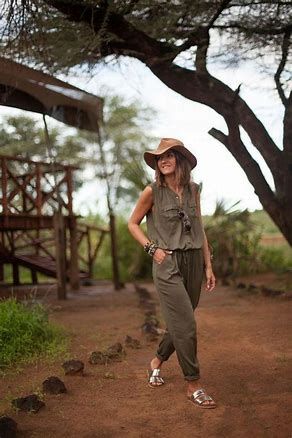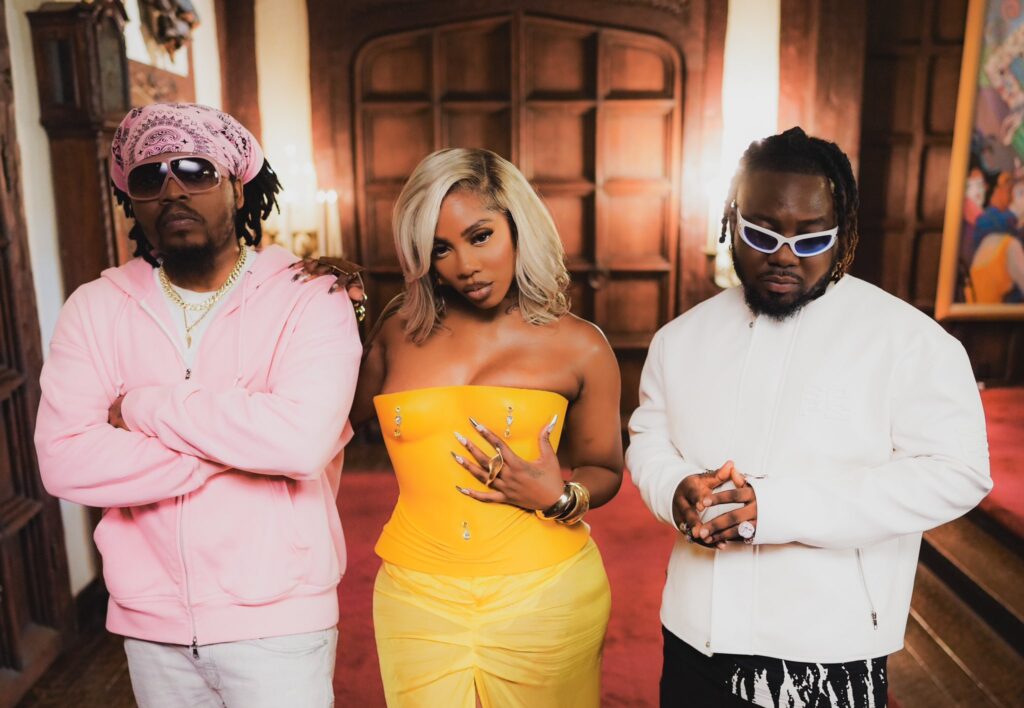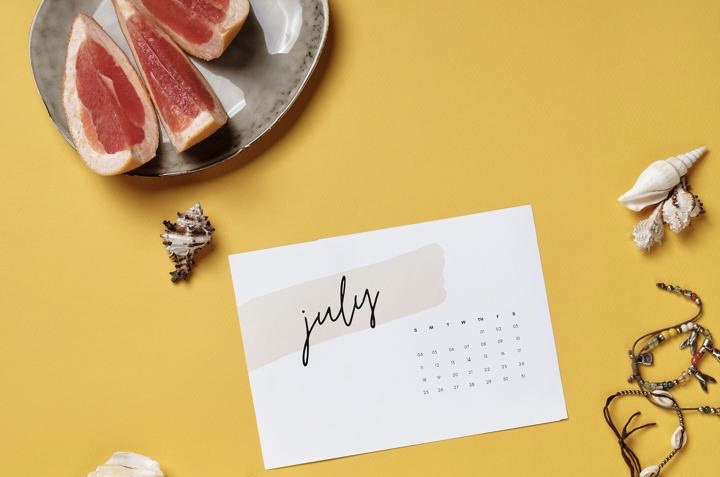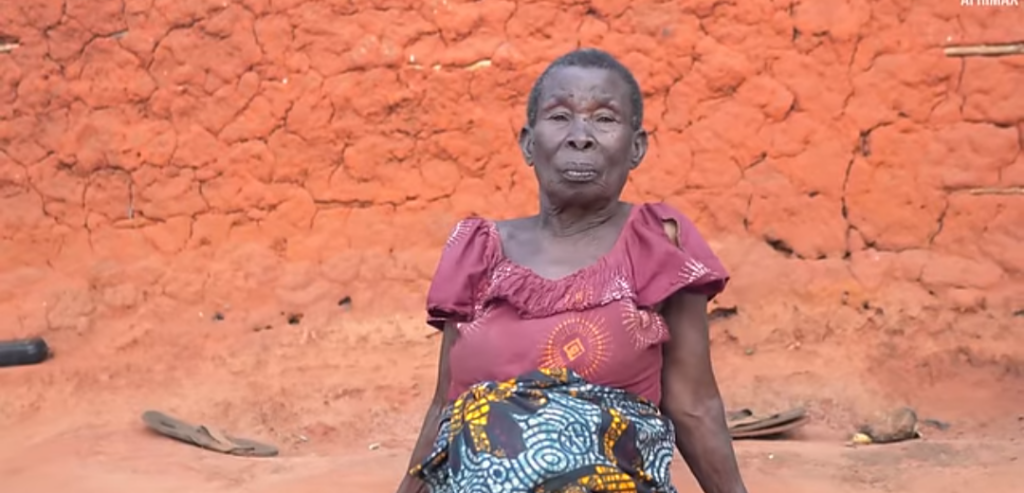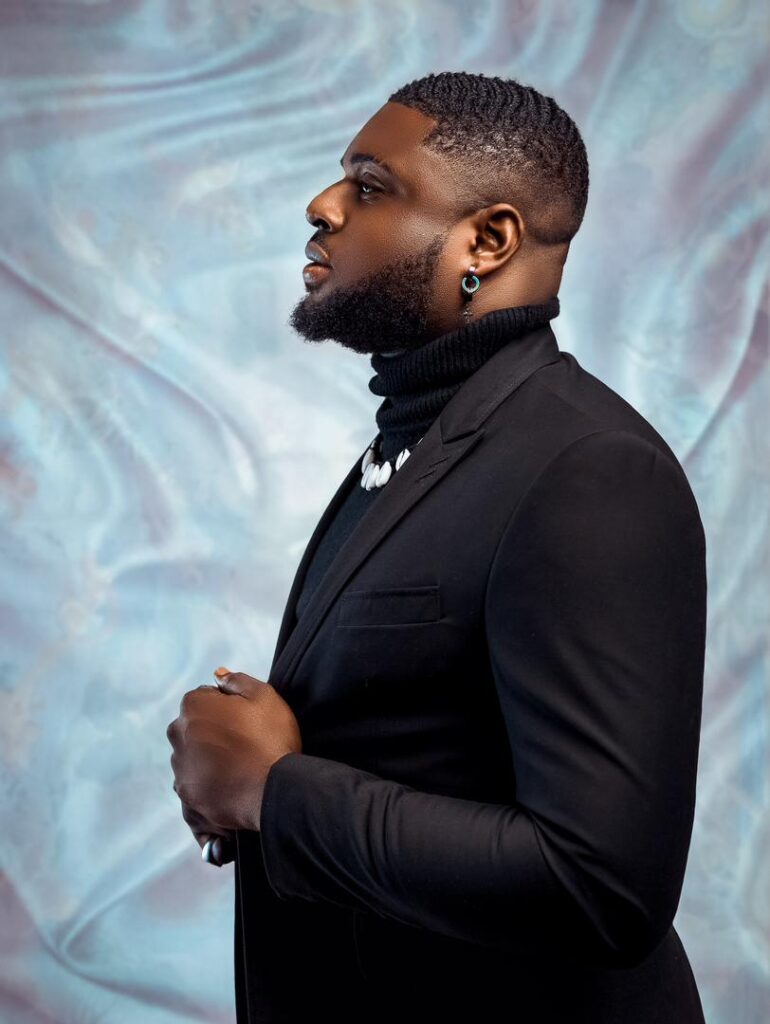When visiting Nigeria, it’s important to dress appropriately for the climate, cultural norms, and activities you will be engaging in. Here are some general guidelines:
Respectful Attire: Nigeria is a culturally diverse country with varying dress codes depending on the region and occasion. It’s generally a good idea to dress modestly, especially in rural areas and religious sites. For men, lightweight trousers or jeans and shirts are acceptable. Women may want to wear loose-fitting clothing that covers their shoulders and knees, such as maxi dresses or skirts paired with tops.
Comfortable Clothing: Nigeria has a tropical climate, so lightweight, breathable fabrics are essential to stay cool and comfortable. Cotton and linen are good choices. Consider wearing light-colored clothing to reflect the sun’s rays.
Footwear: Comfortable shoes are a must, especially if you plan to do a lot of walking or exploring outdoor attractions. Sandals, flip-flops, or breathable walking shoes are suitable for most situations. If you’re planning on hiking or visiting rural areas, sturdy hiking boots may be necessary.
Cultural Considerations: In predominantly Muslim areas in the north of Nigeria, it’s respectful for both men and women to dress more conservatively, covering arms and legs. In contrast, in urban areas like Lagos or Abuja, you may see a wider range of clothing styles, but it’s still advisable to dress modestly, particularly if visiting religious sites or local communities.
Weather-appropriate Clothing: Nigeria has two main seasons: the wet season (April to October) and the dry season (November to March). During the wet season, it’s advisable to bring a lightweight waterproof jacket or umbrella, as heavy rain showers can occur. In the dry season, temperatures can be hot during the day but cooler at night, so packing layers is a good idea.
Accessories: Don’t forget to bring a wide-brimmed hat or a cap to protect yourself from the sun, as well as sunglasses and sunscreen. A scarf or shawl can also be useful for covering up in more conservative areas or for protection against the sun or dust.
Adapt To The Occasion: If you’re attending carnivals or traditional events, it’s best to dress accordingly. For example, if you’re attending the Calabar carnival, you may want to dress in a bright-coloured carnival dress to add colours to the event. However, if you’re attending a traditional event, maybe in South-west Nigeria, you may need to dress like the Yorubas.
In such cases, men might wear traditional Nigerian attire such as the agbada, while women might wear elegant traditional attire like the Iro and Buba and Gele headwraps.
In all, remember to also consider the specific activities you’ll be participating in and any cultural sensitivities of the communities you’ll be visiting. When in doubt, you may always observe locals and follow their lead regarding appropriate attire.


